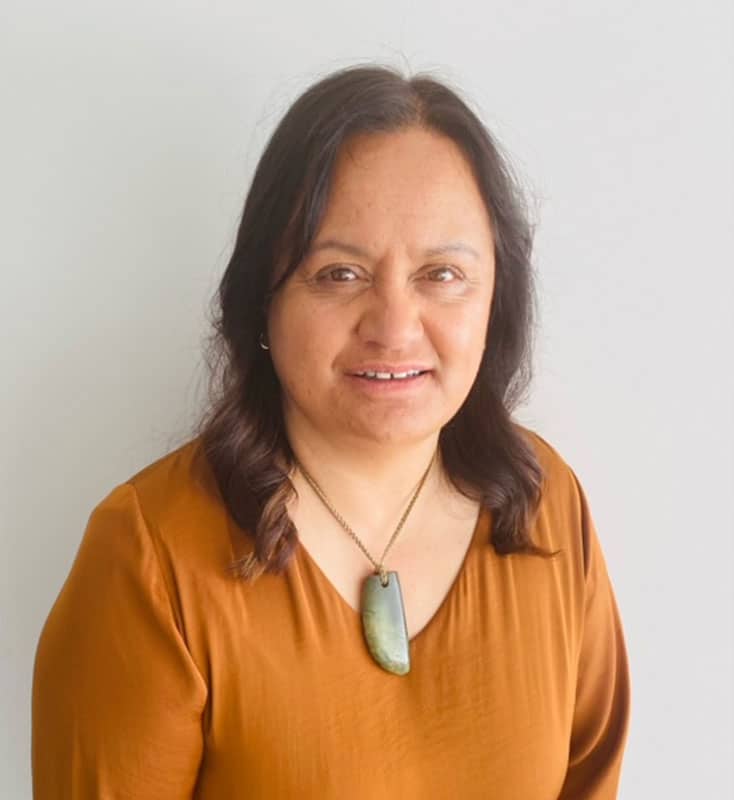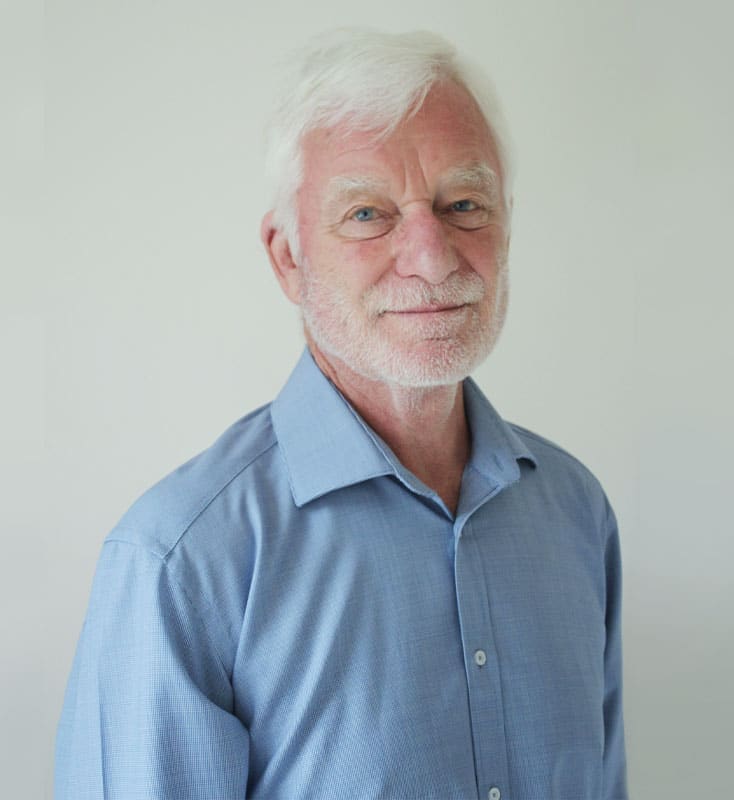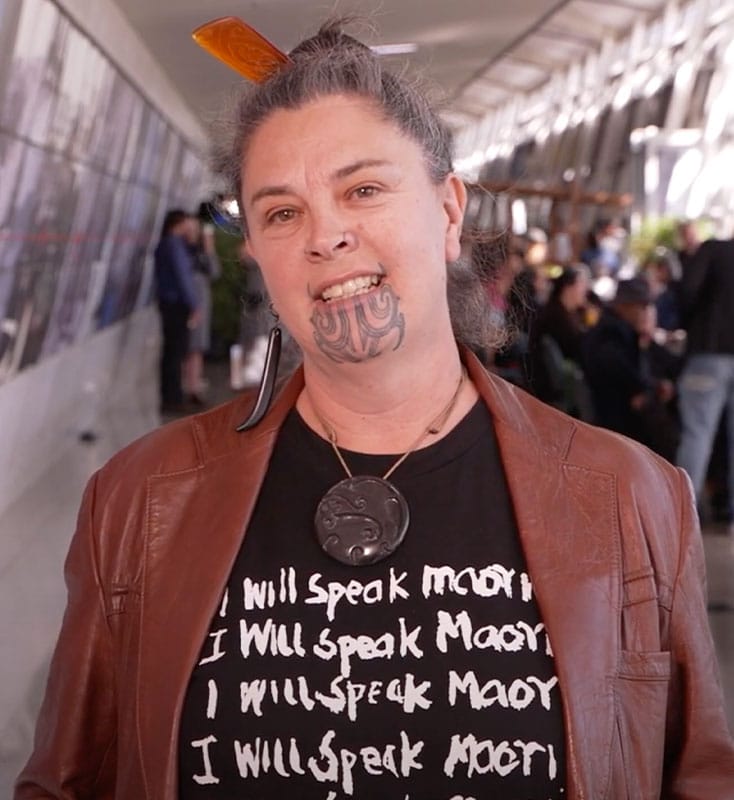Gagné, N.
Culture Demography Society
University of Toronto Press, ,
2013
Gagné provides an exploration into the daily lives of Māori people living in Auckland, New Zealand’s largest urban area.
This book delves into the complexities and dynamics of urban indigenous identity, community, and culture. Gagné’s work challenges common perceptions and stereotypes of indigeneity as primarily tied to rural or traditional settings by showcasing how Māori individuals and communities navigate and shape their identities in an urban context. The book is structured around various aspects of Māori urban life, including community engagement, cultural practices, and the interaction with the wider New Zealand society. One of the first ethnographic studies of Māori urbanisation since the 1970s, this book is based on almost two years of fieldwork, living with Māori families, and more than 250 hours of interviews. Gagné employs a mix of participant observation, interviews, and personal narratives to offer a rich, nuanced picture of the urban Māori experience. The author emphasises the adaptability and resilience of the Māori people as they maintain and reinvent cultural traditions, engage in political and social activism, and form supportive community networks in a predominantly non-indigenous urban landscape. This study is particularly valuable for its in-depth analysis of how historical and contemporary processes of colonisation, urbanisation, and socioeconomic change have influenced the lives of urban Māori.










